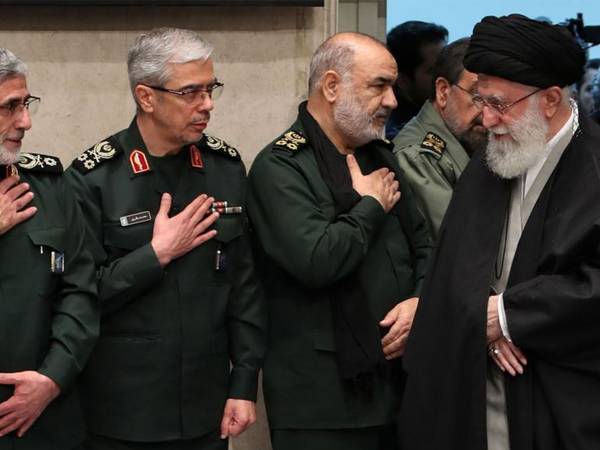Almost a week after the Israeli attack on Iran's consulate in Damascus, the Revolutionary Guard Corps (IRGC) has issued a statement, asserting that it will respond “decisively.”
The attack resulted in the complete destruction of the consulate building and casualties among its occupants, including General Mohammad Reza Zahedi, a high-ranking member of Iran's Quds Force in charge of Iran's operations with Hezbollah and other militants in Syria and Lebanon.
"We assure you" that the Israeli Defense Forces and their supporters will be "punished remorsefully," reads the statement.
Earlier, Iranian Foreign Ministry Spokesperson Nasser Kanaani said that Iran, while reserving its rights to take countermeasures, would decide on the type and timing of its response.
Despite the Israeli attack, analysts suggest that Iran's longstanding strategy of indirect confrontation with Israel is likely to persist. Instead of direct conflict, Iran is anticipated to continue supporting its proxy groups, such as Hezbollah in Lebanon, Hamas in the Gaza Strip, and militias in Iraq and Yemen. These proxies serve as instruments for Iran to exert influence and pressure on regional rivals, including Israel and the United States.
Iran's support for such groups, encompassing financial, military, and ideological backing, underscores its broader objectives of extending influence, countering adversaries, and promoting its revolutionary ideology across the Middle East.

